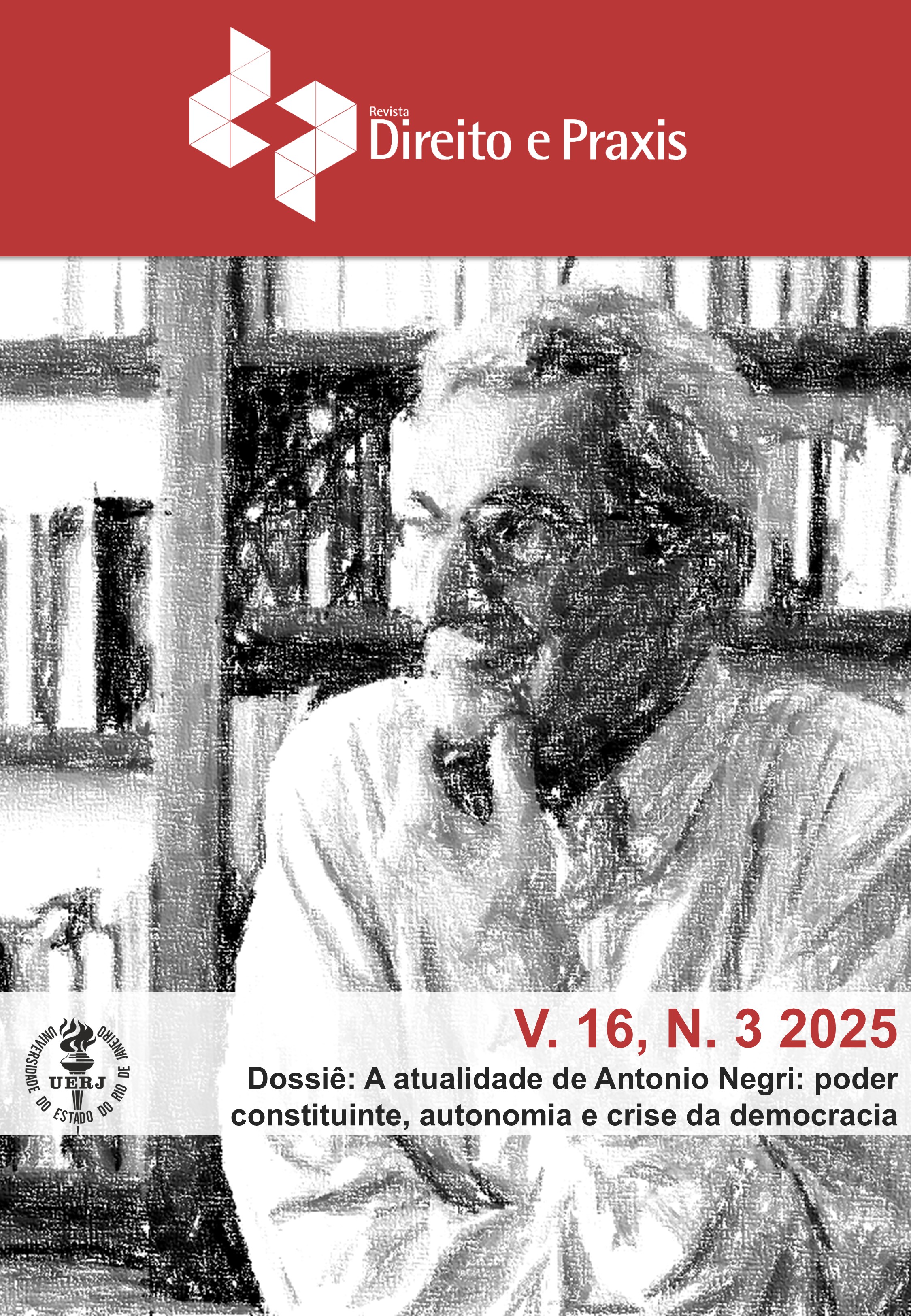A urgência da questão pedagógica para o direito pós-moderno
Abstract
The initial hypothesis of this study is the idea that the legal community is currently experiencing a period that the philosopher of science Thomas Kuhn would call "extraordinary science," characterized by the radical crisis of the old paradigm, constructed in the modern era, and the emergence of a new paradigm. The thesis I defend here is the following: while under the dominion of the modern paradigm the fundamental problem of the scientific community was the formation of the law, the "perfect law," for the new paradigm the fundamental problem has become the formation of the man of the law. If the central axis of law today is no longer the law itself but rather the jurist, it is evident that the fundamental problem of today's legal community is the formation of this central figure for the proper functioning of contemporary law. To justify this thesis and before suggesting answers to the fundamental question: "what legal education for postmodern law?" I propose first to make a brief detour through another paradigm, the medieval paradigm, which shares with the new the same epistemological and ontological premises (the same conception of law and legal knowledge), premises that underlie every pedagogical model.
Downloads
Downloads
Published
How to Cite
Issue
Section
License
Copyright (c) 2025 Felipe Ricardo Biscaia (Tradutor/a)

This work is licensed under a Creative Commons Attribution 4.0 International License.
The authors the sole responsibility for their texts.
It is allowed the total or partial reproduction of the articles of the Journal Law and Praxis, if the author is mentioned.
This work is licensed under a Creative Commons Attribution-Noncommercial-Share Alike 4.0 Unported License.
This license allows you to copy and redistribute the material in any medium or format for any purpose, even commercial, provided the original authorship is cited.
This work is licensed under a Creative Commons Attribution 4.0 International License.



